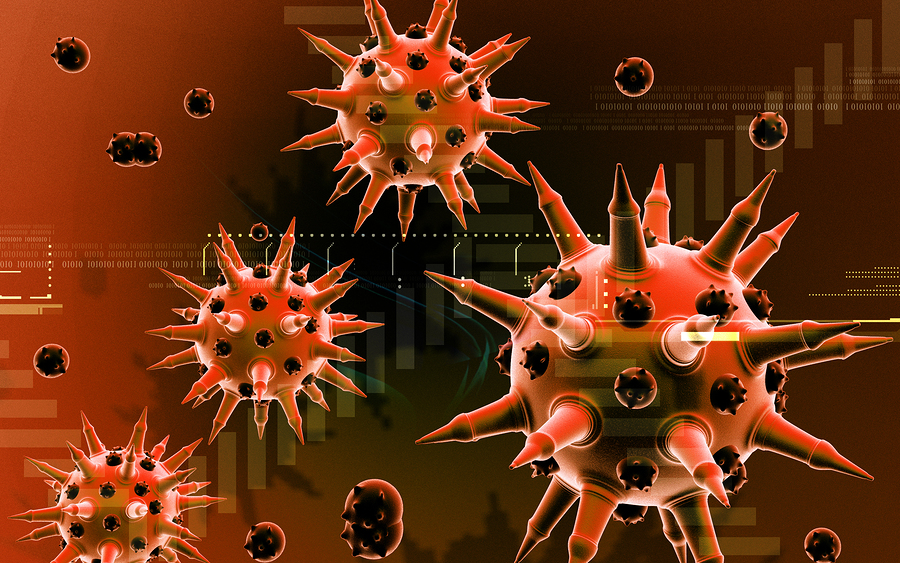The World Health Organization’s 194 member-states will vote for a new director-general next week, choosing a doctor to lead the...
World Health Organization (WHO) News
An outbreak of yellow fever that has killed hundreds of people in central Africa could spread across the world, an...

The shoe may eventually be placed on the other foot for the U.S. This nation has a long-standing tradition of...
Travel insurance sales for trips to Latin America have surged as vacationers consider scrapping their plans to avoid the rapidly...
In October of 2000, an Ebola outbreak was detected in Gulu, Uganda. The virus spread across the country, infecting 425...
The United States issued stringent new protocols on Monday for health workers treating Ebola victims, directing medical teams to wear...
Aid agencies are tightening security measures in the Middle East and increasingly outsourcing work to local organizations to limit their...
The World Health Organization’s ability to police the new strain of bird flu that has killed 27 people in China...
A new strain of bird flu that has killed 22 people in China is “one of the most lethal” of...

Genetic sequence data on a deadly strain of bird flu previously unknown in people show the virus has already acquired...

